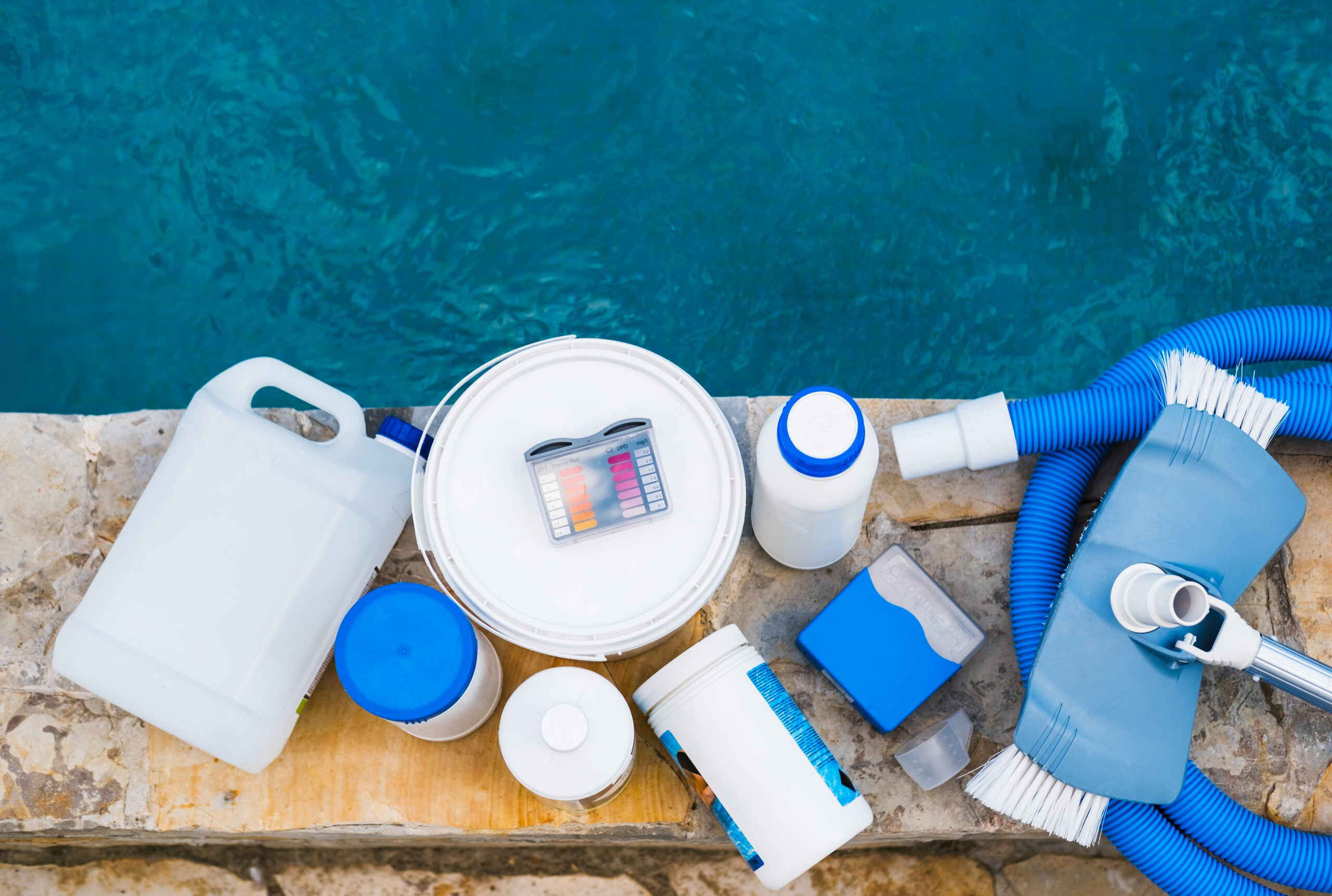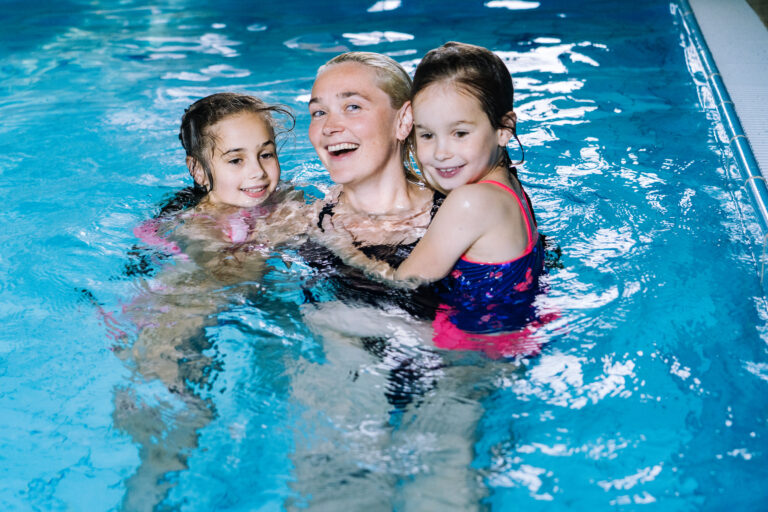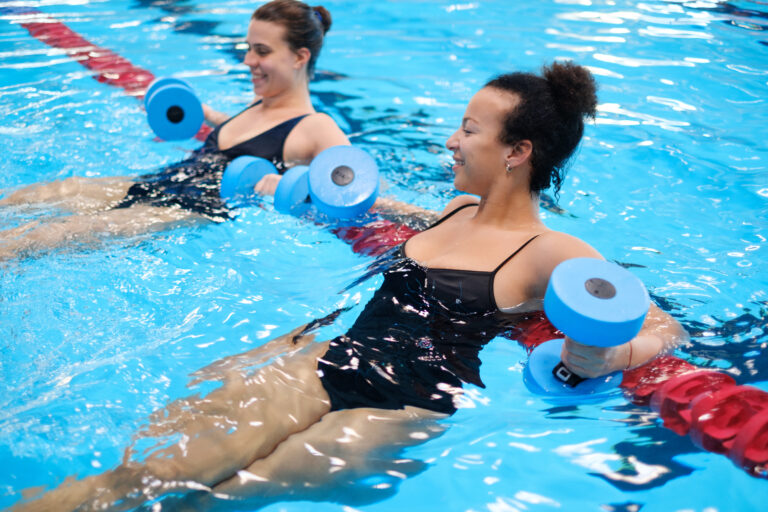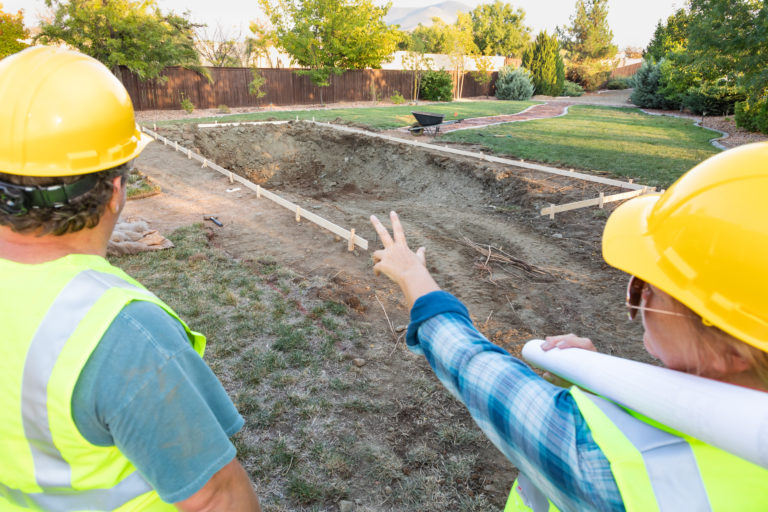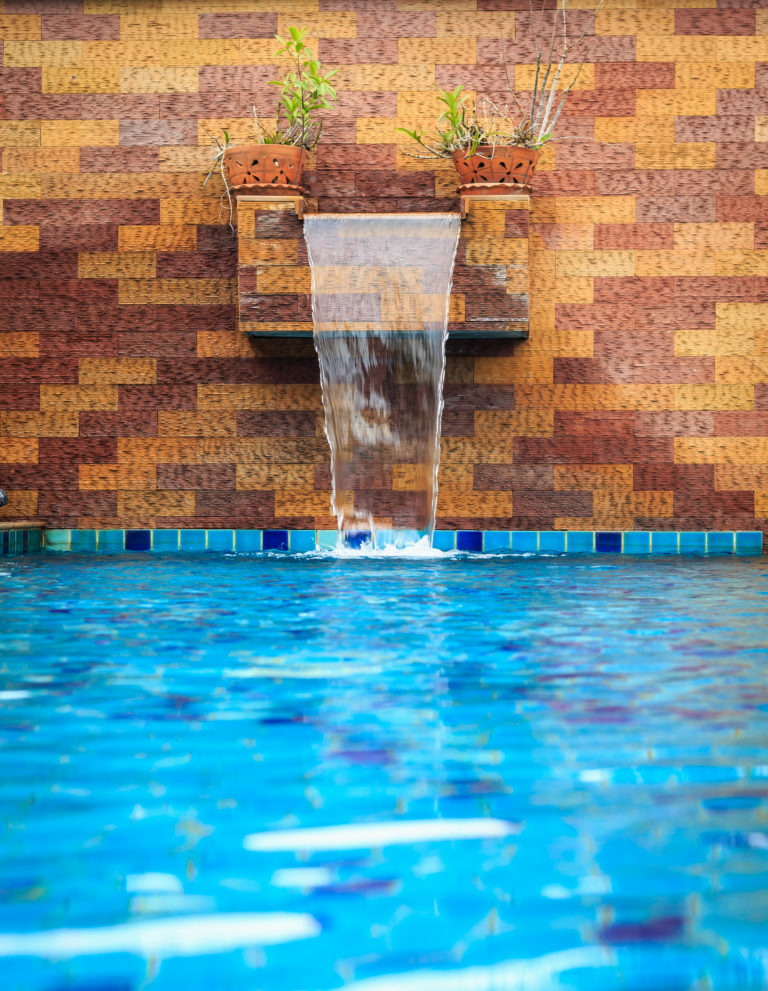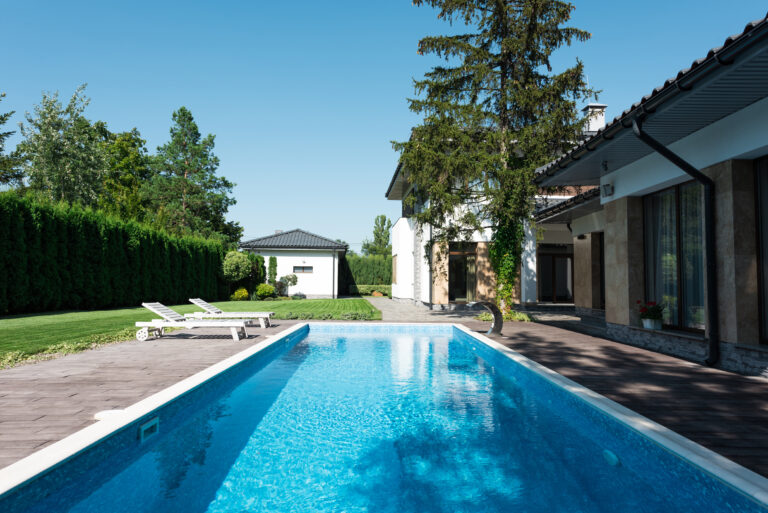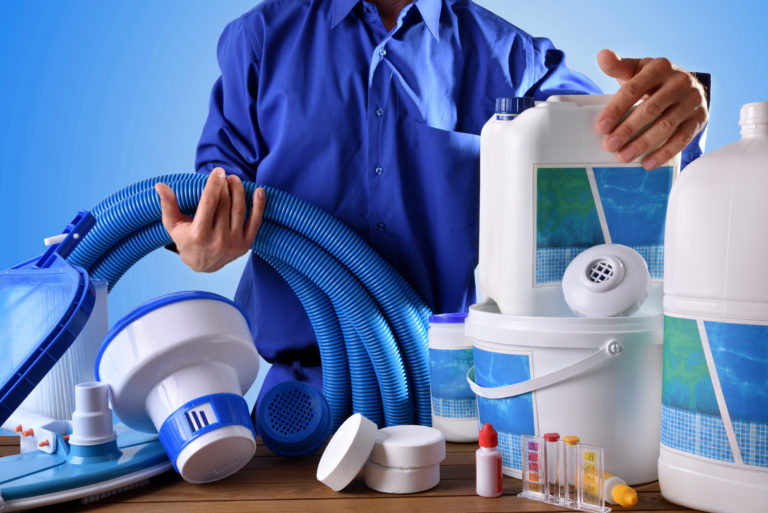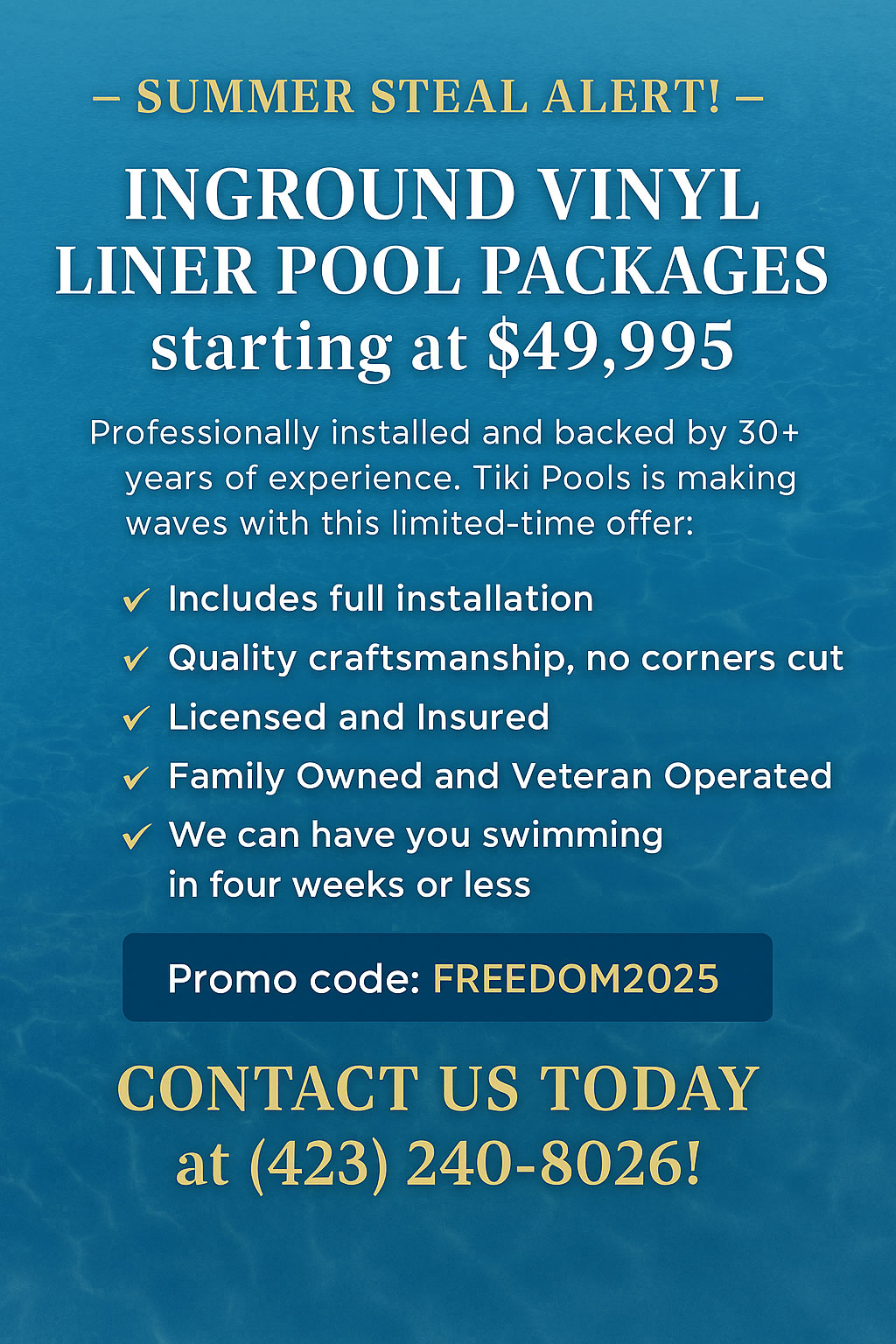A Deep Dive into Pool Sanitation Methods
You’re determined to keep your pool pristine, but with so many sanitation methods out there, it’s tough to know which one’s right for you.
From traditional chlorine treatments to eco-friendly alternatives, let’s take a deep dive into the world of pool sanitization.
You’ll learn about different methods and get tips on how to maintain a clean and safe swimming space.
Let’s jump in!
Understanding the Importance of Pool Sanitation
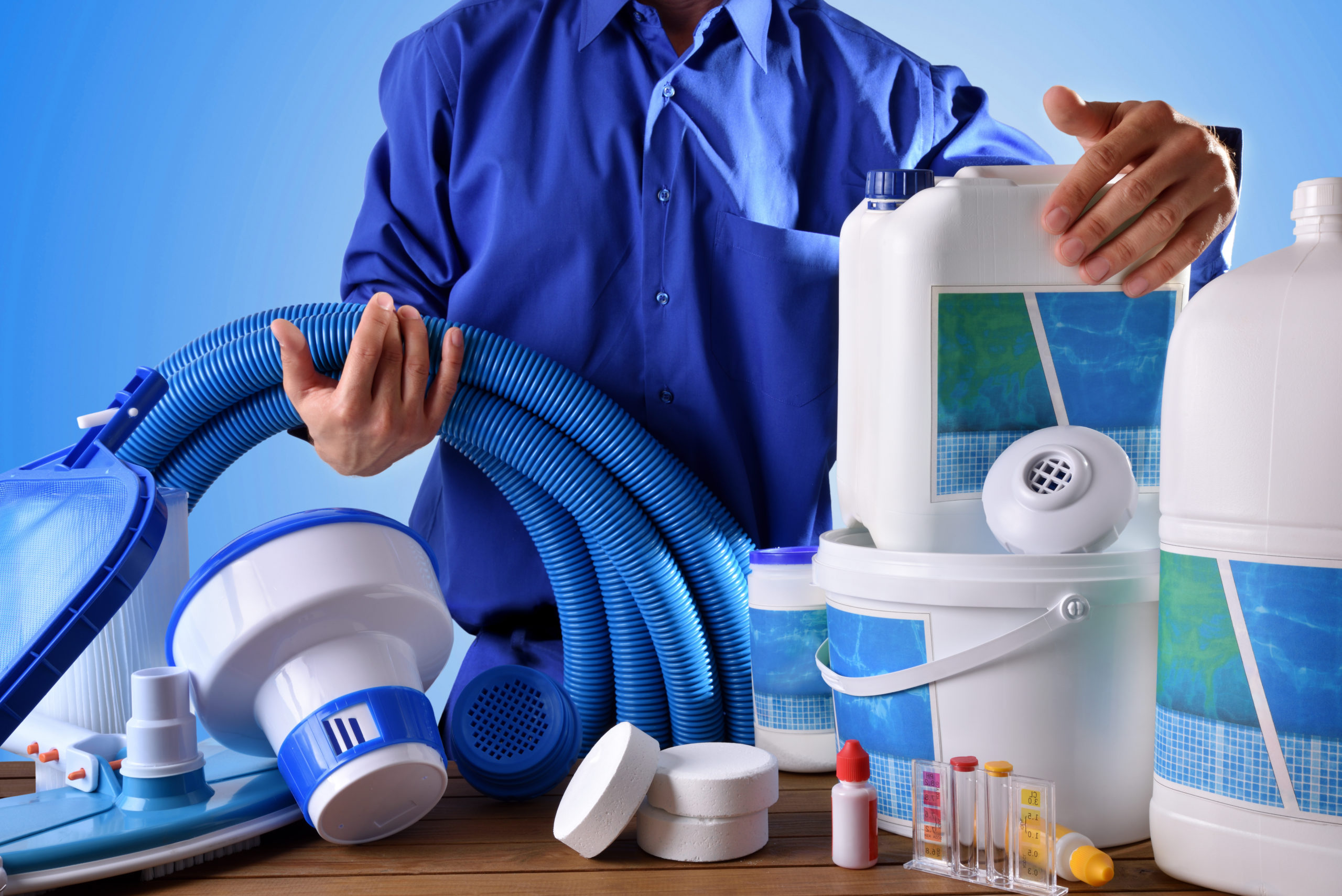
You’re probably wondering why pool sanitation is so important, aren’t you? Well, let’s dive in.
Sanitation regulations for pools are strict and for good reason. They ensure your pool isn’t a breeding ground for bacteria and parasites that can cause illnesses.
Imagine diving into cool water on a hot day, only to come out with an itchy rash or worse, a stomach bug. Sounds unpleasant, right? That’s what happens when sanitation is neglected. These regulations aren’t just guidelines but legal requirements you must adhere to.
Now, you might be thinking about the costs involved in maintaining pool cleanliness. Sure, there are cost comparisons to consider between options like chlorine tablets or saltwater systems. And yes, some methods may initially seem pricier than others. But remember – neglecting sanitation could lead to medical expenses if someone gets sick from swimming in your pool.
So weigh the costs carefully! It’s not just about money – it’s about health and safety too. You don’t want your refreshing dip to turn into an unexpected nightmare due to poor sanitation practices!
Remember: better safe than sorry when it comes to keeping your pool clean.
Chlorine and Bromine: Traditional Pool Sanitizers
You’ve learned about the crucial role sanitation plays in maintaining a healthy pool environment, but now let’s delve into two of the most traditional methods used: chlorine and bromine.
You’re going to discover how each stacks up in terms of efficiency, exploring which one might give you more bang for your buck.
We’ll also touch upon any potential health implications linked with these sanitizers to give you a well-rounded understanding.
Chlorine Vs Bromine Efficiency”
When it comes to pool sanitation, there’s a major debate between chlorine and bromine efficiency. You might be caught in the crossfire, unsure of which sanitizer to choose. Bromine longevity makes it a viable option, as it continues working longer than chlorine even after breaking down harmful substances. But on the other hand, the potent nature of chlorine provides quick sanitation.
Here’s a simple comparison for you:
| Chlorine | Bromine | |
| Potency/Efficiency | High | Moderate |
| Longevity After Breakdown | Low | High |
| Cost Effectiveness | More cost-effective | Less cost-effective |
| Impact on Skin & Eyes | Can cause irritation | Less irritating |
Health Implications
It’s important to consider the health implications of your chosen sanitizer. Chlorine can cause skin and eye irritation, while bromine is generally less irritating. Sanitation allergies are not something you would like to experience during a relaxing swim. Choosing the wrong sanitizer could amplify disease transmission due to harmful bacteria thriving in unsuitable conditions.
Here are some potential effects:
– Chlorine:
– May cause dry, itchy skin
– Can lead to red, irritated eyes
– Bromine:
– Typically milder on skin and eyes
– Might still trigger reactions in highly sensitive individuals
Remember that an efficient sanitation method is not just about keeping the pool clean; it is also about ensuring a safe and comfortable environment for everyone. Choose wisely and protect yourself from unnecessary discomfort or health risks.
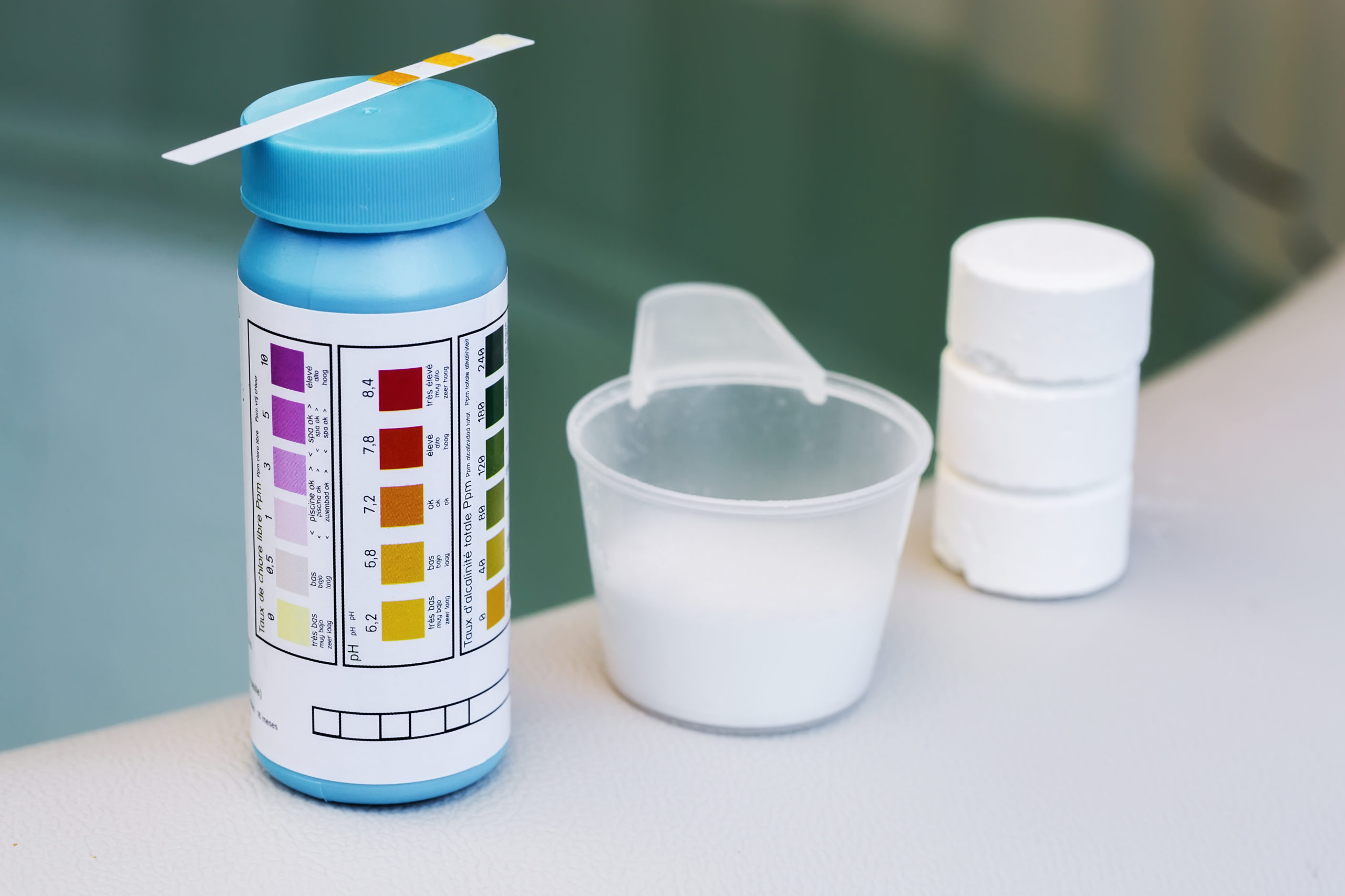
An Overview of Saltwater Pool Systems
You’re about to dive into the basics of saltwater systems, understanding not only how they function but also the upkeep they demand.
We’ll examine their impact on your health and our environment too.
It’s an important conversation if you’re considering making the switch from traditional pool sanitizers, so let’s get started.
Saltwater System Basics
In a saltwater system, you’re essentially using salt to generate your own chlorine. This method of pool sanitation can be more cost-effective and gentler on the skin.
The process starts with a Saltwater System Installation, which is no small task but will pay off in the long run. You’ll need to purchase a saltwater generator that fits your pool’s capacity and install it into your existing pool system, ensuring correct connection to power sources. It’s crucial to maintain proper salt levels for optimal function; too much or too little can lead to issues.
Over time, as technology advances, consider System Upgrades for improved efficiency and performance. It might seem daunting at first, but you’d be diving into cleaner water before you know it!
Maintenance Requirements
Maintaining your saltwater system isn’t just about keeping an eye on salt levels, but also involves regular cleaning and monitoring of the generator for optimal operation. Remember, sanitation equipment is essential in ensuring you achieve clean and safe water.
1. Time investment: You’ll spend significant time maintaining your pool’s cleanliness. It’s a labor of love that rewards you with sparkling water.
2. Cost analysis: Regular upkeep might seem costly, but neglect can lead to more expensive repairs or replacements down the line.
3. Peace of mind: Knowing your pool is well-maintained brings comfort – no unexpected breakdowns during summer fun!
In a nutshell, proper maintenance isn’t merely an option-it’s a necessity. So grab those tools and let’s keep that pool pristine!
Health and Environmental Impact
Let’s not forget, there’s a significant health and environmental impact to consider when using saltwater systems. You might assume that these systems are a green alternative, but you’d be mistaken.
Yes, they use less chlorine, which can be beneficial for your skin and eyes. However, the byproduct of this method is sodium hydroxide – an alkaline substance that raises pH levels in water bodies and harms aquatic life.
Moreover, the sanitation regulations around saltwater pools aren’t as strict as freshwater ones. This means more room for harmful bacteria to thrive if not properly regulated.
So while you’re looking into pool sanitation methods, remember: not all ‘green alternatives’ are as eco-friendly as you might think.
The Role of UV and Ozone in Pool Sanitation
You’ll find UV and ozone systems to be highly effective in pool sanitation, significantly reducing the need for harsh chemicals. The key to their effectiveness lies in their unique mechanisms.
UV light works by disrupting the DNA of harmful microbes, preventing them from reproducing. This makes it incredibly effective at eliminating a wide range of bacteria, viruses, and protozoa that can cause illnesses when swimming. You’ll appreciate UV’s effectiveness as it provides an added layer of protection against potential disease-causing organisms.
Switching gears to ozone benefits, it’s valuable to note that ozone is a powerful oxidizer. It destroys contaminants instantly on contact without leaving any harmful residue behind. Ozone systems work by infusing your pool water with small amounts of ozone gas which neutralize bacteria and other pathogens while also breaking down oils and other organic materials.
In combination, these two methods offer you a robust sanitation system that goes beyond what traditional chlorination can achieve. They’re cost-effective too – you’ll save money on chemical purchases over time while enjoying safer, cleaner pool water every day.
So why not give UV and ozone systems a try?
Alternative and Eco-friendly Sanitation Methods
Considering alternative and eco-friendly ways to keep your swimming area clean can significantly reduce your environmental impact. There are multiple methods you can employ to maintain the cleanliness of your pool without resorting to harsh chemicals or energy-consuming processes.
Solar disinfection is one such method. By using sunlight’s UV light, you’re harnessing a powerful natural sterilizer that destroys harmful bacteria and viruses in water. It’s an easy process – you simply expose your pool water to direct sunlight for several hours. This method isn’t only environmentally friendly but also cost-efficient as it relies on a resource that’s abundantly available – sunlight.
Natural purifiers, like plants and minerals, are another option you can consider. Certain types of aquatic plants help filter out impurities from the water, providing a biological cleaning process that doesn’t require any additional energy consumption. Minerals like silver and copper have long been used for their antimicrobial properties and work well as natural sanitizers.
Maintenance Tips for Effective Pool Sanitation
Having explored alternative and eco-friendly methods of pool sanitation, you’re now better equipped to make greener choices. Yet, regardless of the approach you choose, effective maintenance is key to keeping your pool’s sanitation optimal.
Let’s dive into some essential tips that can help.
1. Sanitation Schedule: A consistent schedule is key in maintaining a clean and safe swimming environment. This includes regular testing for pH levels, chlorine content, and overall cleanliness. Consistency will ensure no harmful bacteria or algae have a chance to thrive.
2. Filtering Techniques: The type of filter you use plays a significant role in maintaining water clarity and preventing the spread of contaminants. Sand filters are popular for their efficiency while cartridge filters require less frequent cleaning.
3. Routine Cleaning: Beyond chemical treatment, your pool needs physical cleaning too – skimming leaves off the surface, brushing walls and floor, vacuuming out debris help keep your pool pristine.
4. Professional Inspection: Lastly but importantly, schedule yearly inspections with a professional who can identify potential i
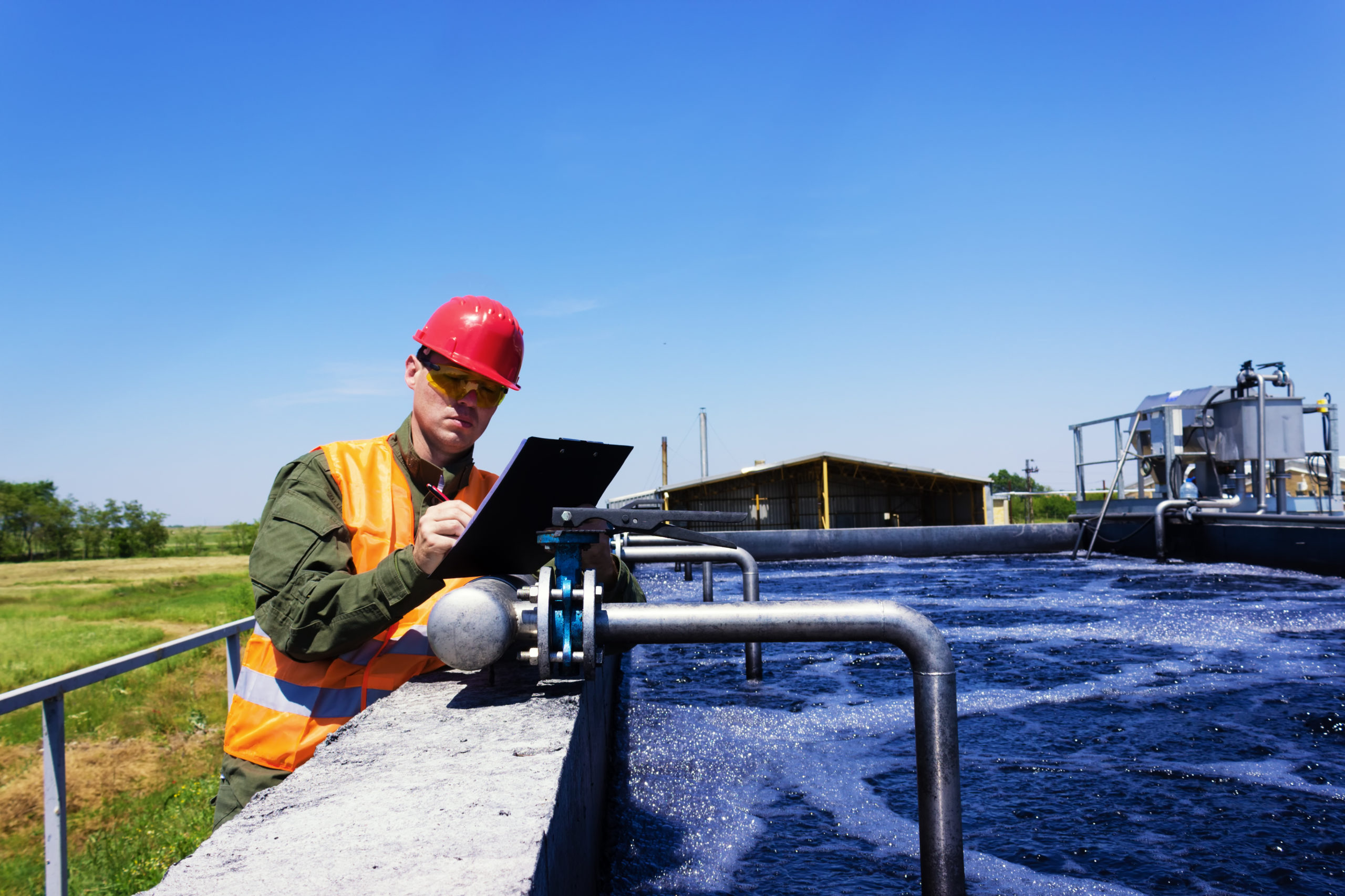
Frequently Asked Questions
What Are the Health Risks Associated With Poorly Sanitized Swimming Pools?
If you swim in poorly sanitized pools, you’re risking disease transmission and skin irritations. Germs can spread quickly, causing illnesses. Skin problems like rashes may also occur due to harmful bacteria or chemicals present.
How Often Should a Public Swimming Pool Be Sanitized?
You should sanitize a public swimming pool daily. This sanitation frequency ensures cleanliness and safety. Regular chlorine usage helps maintain water quality, reducing health risks associated with poorly sanitized pools.
What Are the Pros and Cons of Using a Pool Cover in Terms of Sanitation?
Pool covers boost sanitation by preventing debris and reducing algae growth. However, you’ll face downsides like maintenance costs and cover durability issues. It’s a balance between cleanliness and practicality you’d need to consider.
Can Pool Sanitation Methods Affect the Lifespan of Pool Equipment?
Yes, pool sanitation methods can affect the lifespan of your pool equipment. Improper sanitation efficiency might cause equipment damage over time. It’s essential to choose a method that keeps both water and gear safe.
How Do Different Pool Sanitation Methods Impact the Overall Cost of Pool Maintenance?
Different pool sanitation methods can greatly impact your maintenance costs. Higher sanitation efficiency often means lower expenses. Also, eco-friendly alternatives might have higher upfront costs but save you money in the long run.

